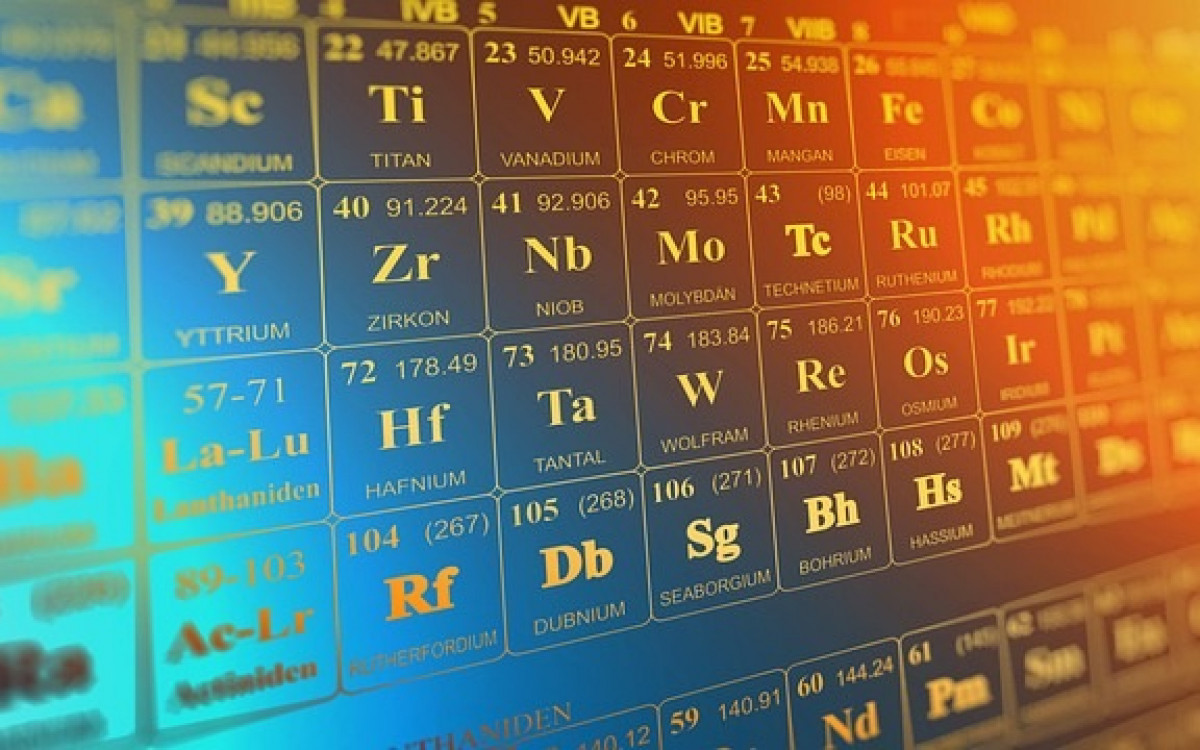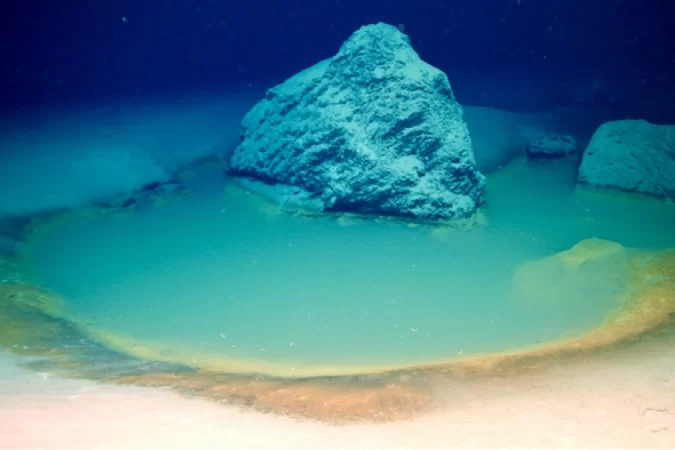| Photo: Disclosure / NEOM |
Researchers at the University of Miami (UM) Rosenstiel School of Marine and Atmospheric Sciences have discovered rare salt pools in the Gulf of Aqaba, the northern extension of the Red Sea. These underwater lakes are environments characterized by high salinity, strange chemistry, and lack of oxygen. But despite the harsh conditions, discovering these sites is a step toward understanding more about the composition of the oceans, as well as providing clues about life on other planets and harboring compounds with anti-cancer properties.
“Until we understand the limits of life on Earth, it will be difficult to determine whether alien planets can host living organisms. Our discovery of a rich collection of microbes, which inhabit extreme environments, could help trace the limits of life on Earth,” said Sam Berkes, professor and chair of Department of Marine Geosciences, “and can be applied to the search for life elsewhere in our solar system and beyond.”
Researchers from the University of Miami have discovered saltwater pools 1,770 meters below sea level using a remotely operated underwater vehicle. “We were very lucky,” Birkes said, and according to the research, these environments retain information about tidal waves, floods, and earthquakes that occurred thousands of years ago.

“Hardcore beer fanatic. Falls down a lot. Professional coffee fan. Music ninja.”







More Stories
Are you addicted to memes? Understand how “Brainrot” can steal your attention and harm your life.
Scientists pave the way for the emergence of a new element in the periodic table | World and Science
Science Backs Yoga’s Benefits for Women Who Want to Live Longer